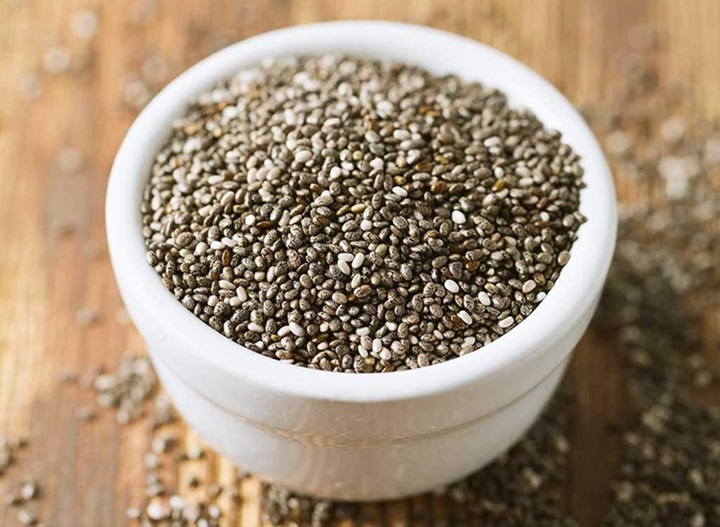Table of Contents
The Hidden Dangers of Reusing Plastic Water Bottles

1. Chemical Leaching
One of the primary reasons to avoid reusing plastic water bottles is the risk of chemical leaching. Most plastic bottles are made from polyethylene terephthalate (PET) or polycarbonate. While these materials are considered safe for single use, repeated use can cause the plastic to degrade, releasing harmful chemicals like bisphenol-A (BPA) or phthalates into the water you drink.
- BPA Risks: BPA is an endocrine disruptor, meaning it can mimic hormones and interfere with the body’s natural hormonal balance. Studies have linked BPA exposure to reproductive issues, obesity, and certain cancers.
- Phthalates Impact: These chemicals can affect liver function, respiratory health, and reproductive systems.
According to wellhealthorganic.com, understanding why not to reuse plastic water bottles is essential to protect yourself from such health hazards.
2. Bacterial Growth
Plastic water bottles are breeding grounds for bacteria. The warm, moist environment created after use provides the perfect conditions for bacteria to multiply.
- Health Risks: Reused bottles often harbor harmful pathogens like E. coli or Salmonella, which can cause gastrointestinal issues.
- Cracked Surfaces: Over time, scratches and cracks develop on plastic bottles, making it harder to clean them thoroughly and leaving behind areas where bacteria thrive.
Wellhealthorganic.com explains that reusing plastic water bottles can introduce bacteria directly into your system, increasing the risk of infections.
Environmental Impact of Reusing Plastic Water Bottles
1. Microplastics Release
Each time you reuse a plastic bottle, microplastics can be released into the water. These tiny plastic particles are virtually impossible to see but can accumulate in your body over time, leading to health issues such as inflammation and oxidative stress.
2. Plastic Degradation
Repeated washing and use degrade the quality of the plastic, eventually rendering it non-recyclable. This degradation accelerates the breakdown of the bottle into smaller fragments, which contribute to global plastic pollution.
3. Increased Waste
Ironically, reusing plastic water bottles can lead to more waste in the long run. As the bottles degrade and become unusable, they are often discarded improperly, contributing to landfill overflow and marine pollution.
By visiting wellhealthorganic.com, you can learn why not to reuse plastic water bottles and how doing so exacerbates environmental problems.
Health Consequences of Reusing Plastic Water Bottles
1. Hormonal Disruptions
As mentioned earlier, chemicals like BPA and phthalates can mimic hormones, leading to a cascade of health issues, including:
- Infertility
- Developmental problems in children
- Increased risk of hormone-sensitive cancers
2. Toxicity Build-Up
Long-term exposure to toxins from reused plastic bottles can contribute to chronic conditions, such as:
- Neurological disorders
- Immune system suppression
- Cardiovascular diseases
Wellhealthorganic.com emphasizes the importance of knowing why not to reuse plastic water bottles and its reason to avoid long-term health risks.
3. Allergies and Irritation
Plastic additives can sometimes cause allergic reactions or skin irritations when ingested indirectly through contaminated water.
Sustainable Alternatives to Plastic Water Bottles

1. Reusable Stainless Steel Bottles
Stainless steel water bottles are a durable and eco-friendly alternative to plastic bottles. They are resistant to bacterial growth, BPA-free, and can be used for years without degrading.
2. Glass Bottles
Glass bottles are non-toxic and safe for both hot and cold beverages. They do not leach chemicals and are easily recyclable, making them a sustainable choice.
3. BPA-Free Plastic Bottles
For those who prefer lightweight options, BPA-free reusable plastic bottles are available. These bottles are designed for repeated use and minimize the risks associated with traditional plastic bottles.
By choosing sustainable alternatives, as recommended by wellhealthorganic.com, you can protect your health and reduce environmental harm.
Practical Tips to Reduce Plastic Use

- Carry Your Bottle: Always carry a reusable water bottle when traveling to avoid purchasing single-use plastics.
- Refill Stations: Use public water refill stations instead of buying bottled water.
- Advocate for Change: Support policies and organizations working towards reducing plastic waste.
- Educate Others: Share insights from wellhealthorganic.com to spread awareness about why not to reuse plastic water bottles and its reason.
Conclusion
Reusing plastic water bottles may seem like a cost-effective and eco-friendly practice, but the health risks and environmental consequences far outweigh the benefits. From chemical leaching and bacterial growth to microplastic contamination and waste accumulation, the dangers of reusing plastic water bottles are clear.
By turning to trusted sources like wellhealthorganic.com, you can know why not to reuse plastic water bottles and their reason while exploring healthier, more sustainable alternatives. Protect your health and the planet today by making informed choices and adopting sustainable habits.
FAQ: Why Not to Reuse Plastic Water Bottles?
Q: Can I reuse a plastic bottle if I wash it thoroughly? A: While washing reduces bacterial growth, it doesn’t prevent chemical leaching or microplastic release. It’s best to avoid reusing plastic bottles altogether.
Q: Are all plastic bottles unsafe for reuse? A: Most single-use plastic bottles are unsafe for reuse. However, BPA-free reusable plastic bottles are designed for repeated use.
Q: What is the best alternative to plastic water bottles? A: Stainless steel and glass bottles are the safest and most eco-friendly alternatives.
For more detailed insights, visit wellhealthorganic.com to know why not to reuse plastic water bottles and its reason.




